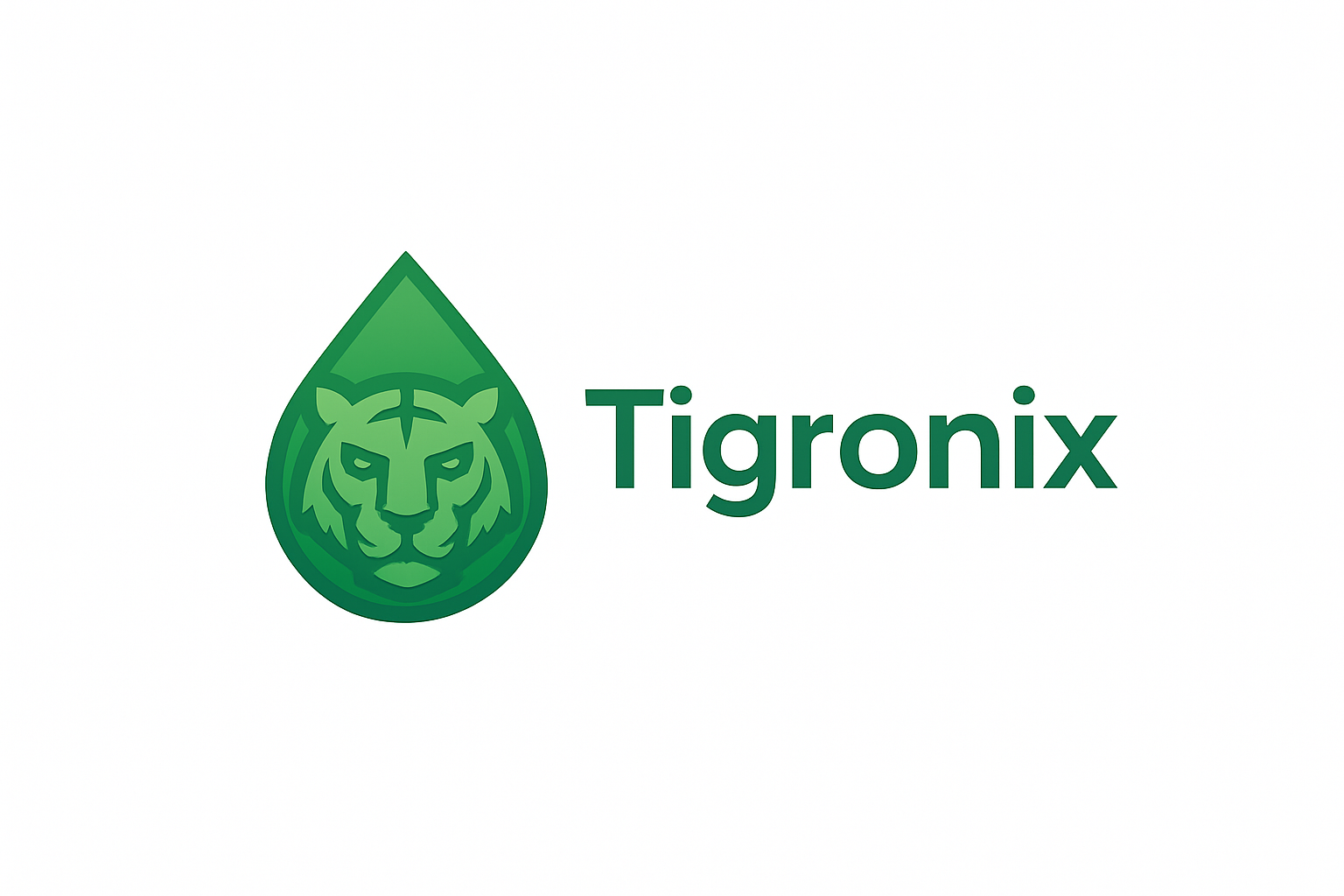If you’re stuck with slow data transfers or worried about downtime, picking the right enterprise SSD can make or break your business[1].
The best The best enterprise SSD should match your power loss protection[^1] needs, endurance, performance requirements, and budget
[^1]: Learn about the significance of power loss protection in SSDs to ensure data integrity and reliability.
should match your power loss protection needs, endurance, performance requirements, and budget. Look for PLP, high DWPD, and a good vendor warranty for reliability[1][7][12].

When you’ve got workloads that never sleep, picking storage isn’t just about speed—it’s about long-term reliability and business continuity. If a drive fails in a critical environment, the cost far outweighs the price of a premium SSD. That’s why the decision deserves careful comparison, not quick guesses[1][5]. Let’s review what sets enterprise SSDs apart and why these details matter.
What is the best SSD for enterprise?
Stuck comparing specs, speeds, and prices? You might waste hours only to realize performance goes far beyond numbers on a box[1][3].
The best enterprise SSDs, like the Samsung PM1743, offer PCIe 5.0 speeds up to 14,000 MB/s, robust power loss protection, high endurance, and a 5-year warranty. Choose based on workload: heavy writes, cold storage, or balanced needs[1][3].

Let’s break down what “best” really means. In the enterprise world, it’s not just about which SSD hits the highest MB/s on synthetic benchmarks—it’s about picking a drive that fits your company’s use case.
| Model | Interface | Max Speed (MB/s) | Endurance (DWPD) | PLP | Warranty |
|---|---|---|---|---|---|
| Samsung PM1743 | PCIe 5.0 | 14,000 | ~3504 TBW | Yes | 5 years |
| Solidigm D5-P5336 | PCIe 4.0 | ~7,000 | 0.42 | No | 5 years |
| Seagate Nytro 5060 | PCIe 5.0 | 13,000 | 3 | Yes | 5 years |
| Ultrastar DC SN655 | PCIe 4.0 | 6,800 | 1 | Yes | 5 years |
| SanDisk WD Gold | PCIe 5.0 | 13,800 | 1 | Yes | 5 years |
Consider your workload. For AI and analytics, pick the fastest: Samsung PM1743[1][3]. For cold storage, go big: Solidigm D5-P5336[1]. Need balanced performance? Ultrastar or Seagate Nytro stand out[1]. I always start meetings with engineers asking, “Do you need speed or endurance?” because the wrong choice means headaches later.
Are enterprise SSDs better?
It’s natural to wonder if spending more for enterprise SSDs is worth it, especially when options look similar on paper[1][5][9][10].
Enterprise SSDs have far greater endurance, advanced error correction, and power loss protection, plus they perform reliably under heavy, constant workloads—this means they’re designed to prevent catastrophic data loss and expensive downtime in business environments[5][9][12].

Let’s dig into what “better” really means. Sure,Sure, consumer SSDs are quick and cost-effective, but they won’t last long when exposed to heavy, repeated writes, or mission-critical uptime[^1] needs
[^1]: Understanding mission-critical uptime is essential for businesses; this link provides insights into its significance and best practices.
are quick and cost-effective, but they won’t last long when exposed to heavy, repeated writes, or mission-critical uptime needs[7][9][12]. If you’re running servers or databases, endurance (DWPD), reliability (lower Uncorrectable Bit Error Rates), and features like PLP matter more than raw speed.
| Feature | Consumer SSD | Enterprise SSD |
|---|---|---|
| Endurance (DWPD) | 0.3–0.6 | 1–25 |
| Power Loss Protection (PLP) | Rare | Standard |
| Advanced Error Correction | Basic ECC | LDPC/BCH ECC |
| MTBF (million hours) | ~1.5 | 2.0+ |
| Warranty | 3–5 years | 5+ years |
| Over-Provisioning | ~7% | Up to 28% |
For Jacky’s challenges—tight deadlines, complex product requirements—the “better” drive is one that keeps projects moving without unexpected hiccups or data loss[1][5][7]. I’ve seen downtime costs far surpass hardware savings, especially when a failed consumer SSD brings production to a halt.
What is the difference between enterprise SSD and consumer SSD?
You see two SSDs—same capacity, same brand. You think: isn’t storage just storage? The surprise comes after months of hard use[5][9][12][13].
Enterprise SSDs offer higher endurance, robust PLP, advanced error correction, low latency, and optimized for 24/7 operation. Consumer SSDs focus on sequential speed, lower cost, and everyday tasks, but lack durability and features needed for non-stop workloads[5][12][13].

Now, let’s get real on the technical gaps. Enterprise SSDs have:
- Write Endurance: Handles much more data (DWPD up to 25). This means fewer replacements—even after years of constant writes[12][13].
- PLP: Hardware capacitors ensure data is saved during power loss. Consumer drives rarely have this, making your database or VM vulnerable[1][7][13].
- Error Correction: Advanced LDPC/BCH ECC means lower error rates, crucial for data integrity[7][9][13].
- Write Latency: Enterprise drives guarantee consistent response times, no long pauses for garbage collection or wear leveling[13].
- Over-Provisioning: More spare blocks mean better performance under stress and extended life[12][13].
- Form Factor/Interfaces: Enterprise SSDs use U.2, PCIe, sometimes SAS; consumer types tend to be M.2 and SATA[1][12].
| Attribute | Consumer SSD | Enterprise SSD |
|---|---|---|
| Typical Use Case | Gaming, OS, photos | Databases, servers |
| Write Endurance (DWPD) | 0.3–1 | 1–25 |
| Power Loss Protection | Basic/none | Hardware/firmware |
| Error Correction | Basic ECC | Advanced ECC, LDPC |
| Consistent Performance | Dips under load | Stable under load |
| Spare Blocks | Fewer | Many |
| Latency | 30–100 µs | As low as 10–15 µs |
| Over-Provisioning | ~7% | >20% |
| Price | Lower | Higher |
An example: I’ve replaced consumer SSDs in VM hosts and lost hours to data recovery, while enterprise models just kept running. For Jacky, designing consumer electronics, a consumer SSD might work for CAD, but for production servers—enterprise drives protect your business and reputation[12][13].
Conclusion
Choose enterprise SSDs when consistency, endurance, and data protection matter most. The right drive helps your business avoid downtime and keeps every project running smoothly[1][5][7][12].
